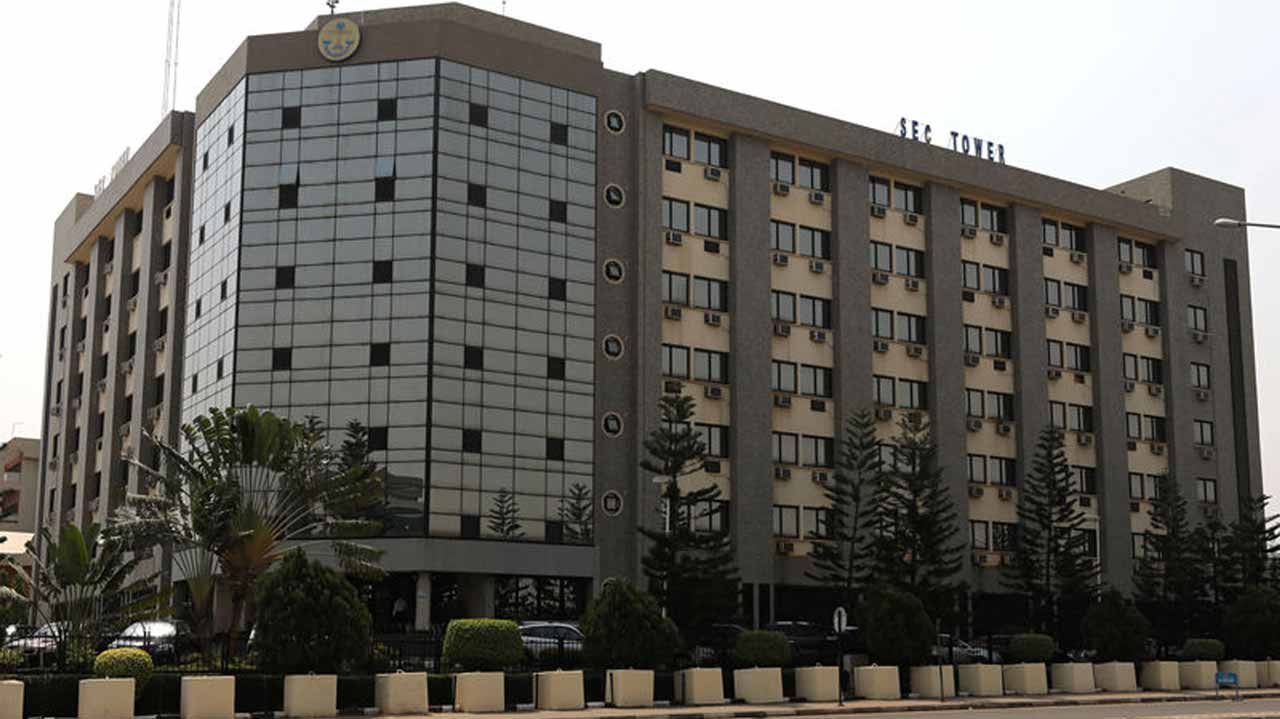
Shareholders under the aegis of the Investors Alternative Dispute Resolution Initiative (IIADRI) have called for a downward review of fees charged on capital market operations by the Securities and Exchange Commission (SEC).
A statement jointly signed by the Chairman and Secretary of the initiative, Moses Igbrude and Sebastian Udoh, described fee increment as outrageous, stating that the decision is capable of impeding the growth of the market.
They listed the fees to include filing fees for proxy materials, which were increased from N5, 000 to N500, 000, and registration of a broker, which increased from N500, 000 to N5 million.
Others are registration of an underwriter, which rose from N500, 000 to N5 million and registration of an issuing house, which increased from N500, 000 to N5 million.
“The SEC has unilaterally increased fees payable by companies quoted on the stock exchange and other entities. The management of IIADRI considers these increases as not only astronomical, punitive, inconsiderate and outrageous but also an attempt to stifle, repress, suppress, restrain and hinder growth in the country at a time when the economic indices are at the lowest and the enabling environment or infrastructure are almost nonexistent.
“As an organisation formed to protect the companies and investors, IIADRI, condemns this arbitrary and unilateral increase in fees and calls upon the management of SEC to revert to the status quo for the interest of Nigerian companies, all of whom are currently struggling to break even and their shareholders,” the statement said.
The group said the listed firms are already overburdened with heavy taxation, extremely inadequate power supply and parlous infrastructure. Therefore, they suggested that the regulatory authority should revert to status quo for the interest of Nigerian companies ‘currently struggling to break even’.
Meanwhile, the Nigerian Exchange Limited (NGX) has stated that it will introduce more futures contracts in response to market demand and readiness to provide investors with a deep and liquid market to hedge their portfolios. This is coming after the exchange announced the launch of West Africa’s first exchange-traded derivatives (ETDs) market with equity index futures contracts.
According to NGX, the new development is consistent with the Exchange’s commitment to developing the Nigerian capital market by providing a market that thrives on innovation and responds to the needs of stakeholders in accessing and using capital.
Divisional Head, Capital Markets at the NGX, Jude Chiemeka, while commending the Federal Government of Nigeria, Companies and Allied Matters Act (CAMA) as well as SEC for aiding the launch, said the Equity Index futures will provide market participants with tools to efficiently hedge or express an opinion on an equity index market.
Chiemeka also noted that these contracts are attractive to investors because the contracts were standardized and listed on the Exchange trading system (X-GEN) which was deployed by NASDAQ, and there are rules governing order priority.
“The contracts are highly geared, the opportunity for leverage in the derivatives market is a key element for investors who can use a little amount of money or collateral to gain exposure to a larger and portion of the underlying instrument and the contracts are cash-settled which means investors do not have to hold a physical asset before they can trade the contracts”, he said.
According to him, the provision for a standardized central counterparty system (CCP), NG Clearing Limited, for effective risk management will further boost investor confidence in the market and the CCP will clear the contracts and ensure parties fulfil their obligations.



